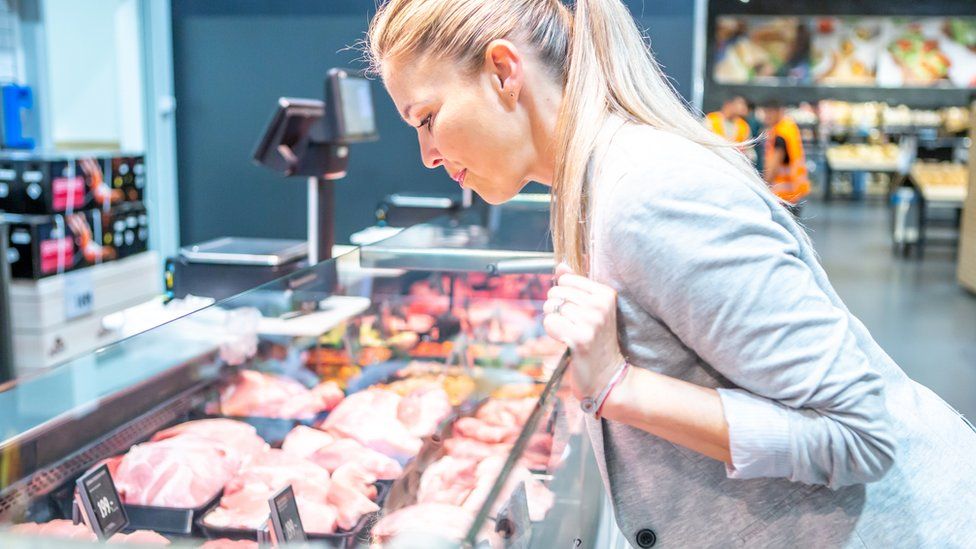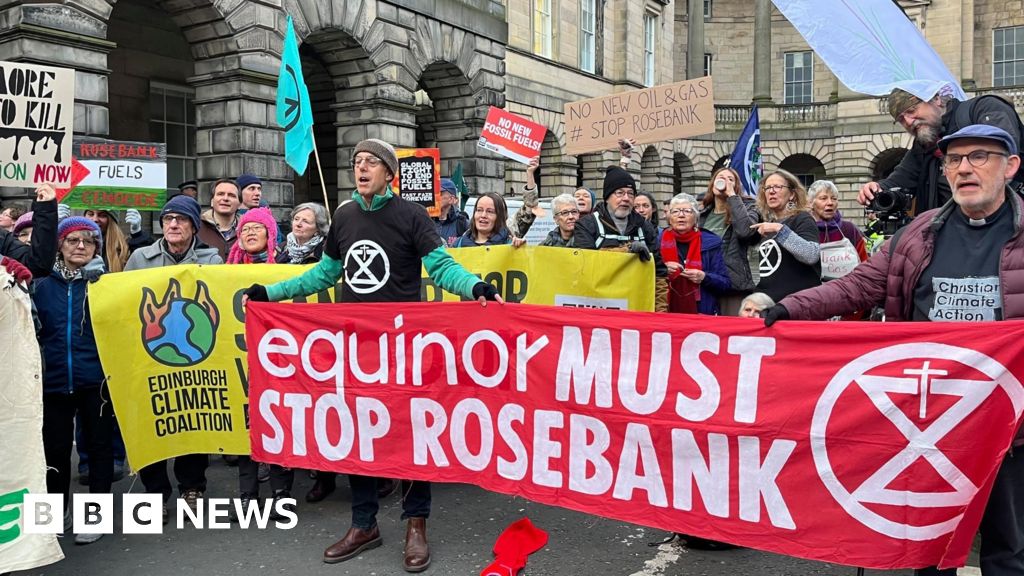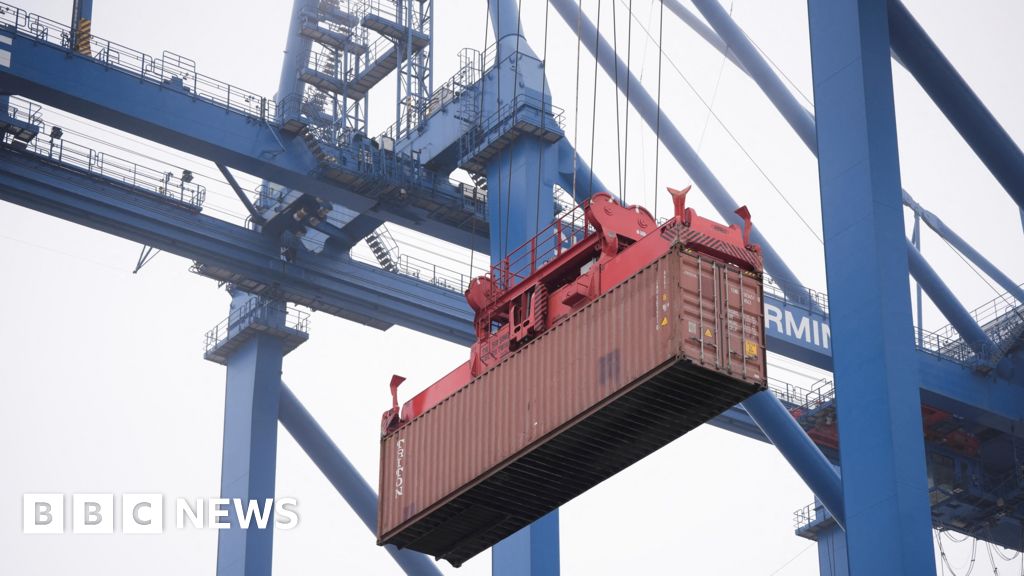ARTICLE AD BOX
 Image source, Getty Images
Image source, Getty Images
Carbon dioxide is widely used in the meat industry
The UK's last fertiliser plant will halt production raising concerns it could lead to a shortage of carbon dioxide shortage (CO2) for the food and drink industry.
CF Fertilisers said soaring energy costs made production "uneconomical" at its ammonia plant near Middlesbrough.
Its by-product, CO2, is used in the slaughter of pigs and chickens as well as in food packaging and fizzy drinks.
The government said it was examining options to secure UK CO2 production.
In September 2021 the government stepped in to meet the cost of running the plant after its shutdown due to high gas prices threatened food supplies.
Nick Allen, chief executive of the British Meat Processors Association, said the government will have to act once more.
He said: "While we are in a much better position now than we were a year ago, if CF Industries follows through on its threat to close Billingham the British meat industry will have serious concerns.
"Without sufficient CO2 supplies the UK will potentially face an animal welfare issue with a mounting number of pigs and poultry unable to be sent for processing."
Emma McClarkin, chief executive of the British Beer and Pub Association, said the timing of the announcement "couldn't be worse" as she also called for the government to intervene.
"A guaranteed supply is essential for operations across pub and brewing businesses and this announcement comes at a time when they are already facing extreme cost rising that are threatening businesses and people's livelihoods across the country."
CF said it has decided to pause production amid concerns its costs will continue to surge in the coming months.
"At current natural gas and carbon prices, CF Fertilisers UK's ammonia production is uneconomical, with marginal costs above £2,000 per tonne and global ammonia prices at about half that level," the company said.
A government spokeswoman said it was aware of CF Fertilisers decision to temporarily halt ammonia production at Billingham.
"Since last autumn, the CO2 market's resilience has improved, with additional imports, further production from existing domestic sources and better stockpiles," she said.
She said while the government looked into longer term solutions it was "essential" industry leaders "do everything it can to meet demand."

 2 years ago
54
2 years ago
54








 English (US)
English (US)